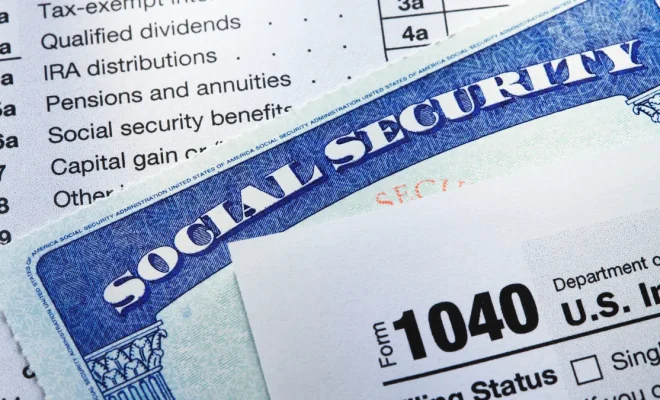Do Social Security Recipients Need to File a Tax Return?

As aging populations continue to grow, many are left wondering whether or not social security recipients need to file a tax return. This question is crucial for millions of individuals relying on their social security benefits as their primary source of income. In this article, we will explore the tax implications for social security recipients and help clarify if it’s necessary for them to file tax returns.
Understanding Social Security Benefits and Taxes
Social security benefits are primarily designed to provide financial support to those who have retired or are unable to work due to disabilities. These benefits are considered a form of income; however, they may not be fully taxable depending on the beneficiary’s total income.
In general, the Internal Revenue Service (IRS) has specific guidelines that determine whether or not social security recipients need to file a tax return.
When Tax Filing May Be Necessary
The IRS has established rules based on an individual’s filing status and combined income, which comprises one’s adjusted gross income (AGI), any non-taxable interest, and half of their social security benefits. The following thresholds determine if a tax return is required:
1. If you are single, head of household, or married filing separately and lived apart from your spouse for the entire year:
– If your combined income is $25,000 or more, you may need to file a tax return.
2. If you are married and filing jointly:
– If your combined income is between $32,000 and $44,000, you may be taxed on up to 50% of your social security benefits.
– If your combined income is more than $44,000, up to 85% of your social security benefits may be taxable.
3. If you are married but filing separately and lived with your spouse at any time during the year:
– You may be taxed on up to 85% of your social security benefits, and it’s highly likely you’ll need to file a tax return
It is important to consult with a tax professional or use tax preparation software to determine the specific tax liabilities for your unique situation.
Tax Credits and Deductions
Social security recipients may also qualify for various tax credits and deductions, such as the Senior Tax Credit or deductions for medical expenses. These can help reduce one’s overall tax liability and, in some cases, eliminate the need to file a tax return.
Conclusion
In summary, whether a social security recipient needs to file a tax return depends on their filing status and combined income. It is essential to understand the thresholds set by the IRS and evaluate one’s total income. Consulting with a tax professional or utilizing tax preparation software can further assist in determining a social security recipient’s tax responsibilities.






